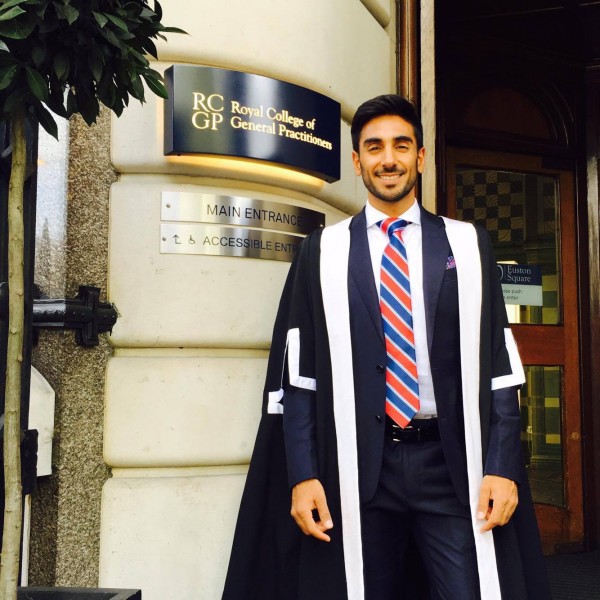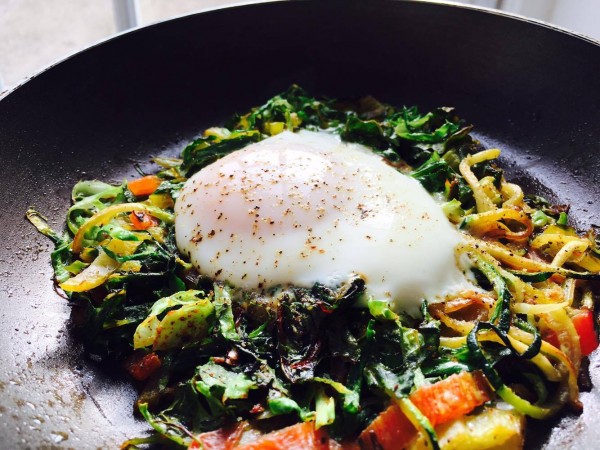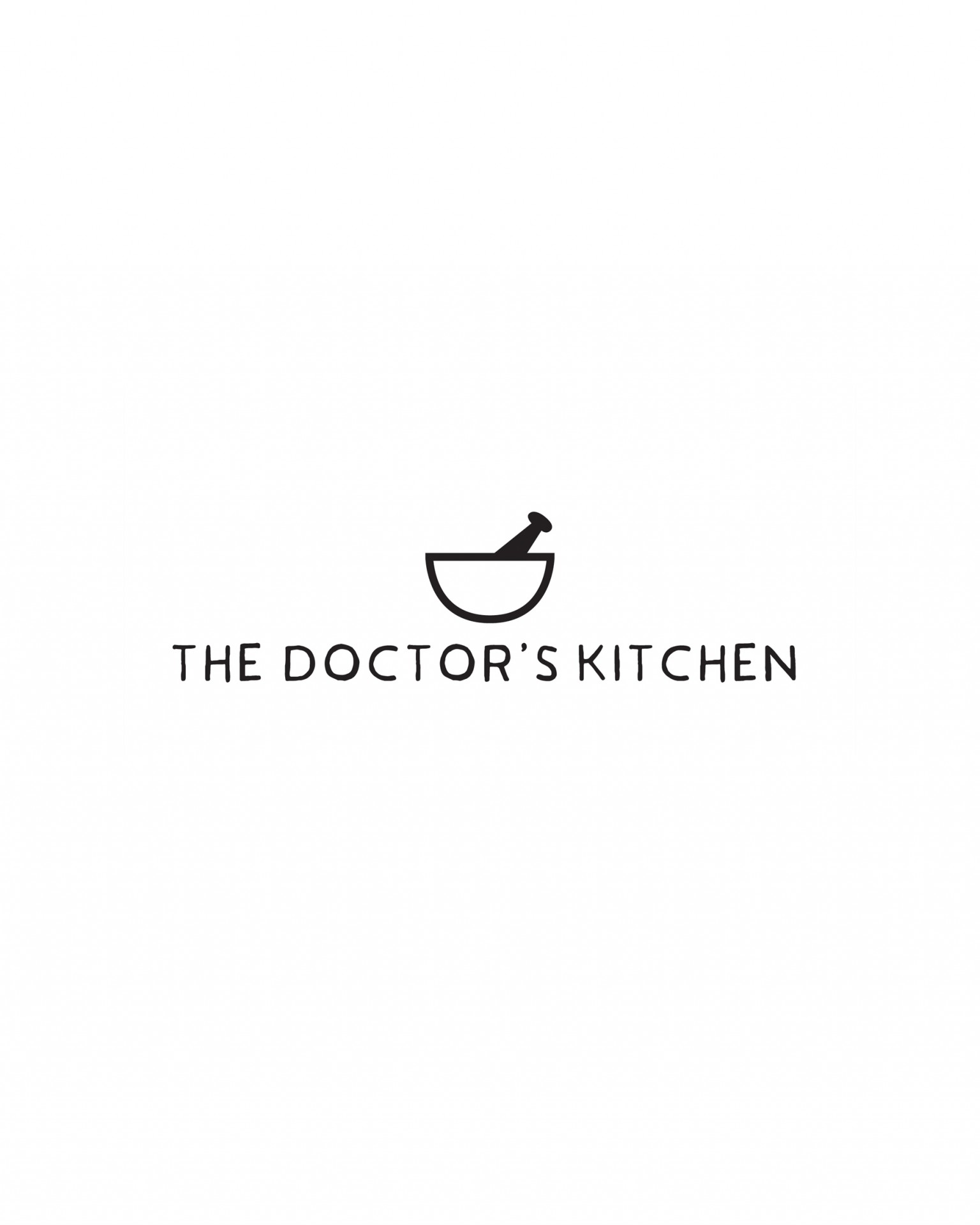
You may have heard of Dr Rangan Chatterjee, the British NHS doctor who featured prominently on BBC’s Doctor in the House last November and, from his strongly alternative opinions, there is little doubt Dr Chatterjee is a man on a mission.
The best news is Dr Chatterjee isn’t running the charge alone to help deliver British patients with an entirely different type of healthcare – one based around the principles of natural health and functional medicine. There are others, and the cause is ever growing. Dr Nasreen Ali is an example of another General Practitioner. She did her Applying Functional Medicine in Clinical Practice (AFMCP) foundational training with ANH-Intl’s Rob Verkerk and Meleni Aldridge some 5 years ago, when the training was first run in the UK. She has incorporated elements of functional medicine into her general practice in Solihull, UK from this time, particularly as far as it relates to supporting patients with dietary and lifestyle modification.
But, there is a new doc on the block! His name is Dr Rupy Aujla, and it’s perhaps less surprising than it might be that Drs Chatterjee, Ali and Aujla share the same Indian ethnicity. All three consider that their upbringing and their respective families’ practice of Ayurvedic principles helped them to be predisposed to more natural approaches to healthcare that involved looking at the whole body, rather than just parts of it. The idea of using food, movement and mindfulness practices as medicine was also far from alien to them.
Fresh back from Australia, now working as a locum doctor in A&E for the NHS, but filling his spare time with transformational projects in the community, we hereby introduce you to Dr Rupy Aujla. Rupy is both an inspiration and one of the new revolutionaries committed to making fundamental change to the delivery of healthcare!
Amidst his hectic schedule we caught up with Rupy for an exclusive interview this week. You can read our Q&A below:
![BIOPIC[17]](/media/3600/biopic17.png)
Q: What triggered your journey towards more natural forms of medicine, the use of food as medicine and functional medicine?
Growing up in an Indian household I was immersed in a culture of food and herbs as having a medicinal value. Lots of Indian recipes contain ingredients with healing properties based on Ayurvedic principles. When I was a kid I was drinking turmeric in milk and eating fennel seeds when I had a stomach ache, so it’s been in my nature to embrace food as medicine right from the start.
During my clinical training as a GP I realised patients had a yearning for ways in which they could change their diet to improve chronic disease, but were confused about the information available to them. The general stance of conventional medical training is that food is made up of macro and micronutrients, largely only for energy purposes. So I had to do my research and I quickly became known as the GP who would give sound nutritional advice and dietary adjuncts to manage chronic disease. I was running behind on all my appointments writing down recipes for people to use at home! So that’s when the idea of ‘The Doctor’s Kitchen’ was born — an easy to use video based platform I could direct patients to for recipes and nutritional advice whilst I showed them how to cook. I had the idea back in 2012 but I only mustered the confidence to film myself in late October, whilst in Australia!
Q: What kind of experience have you had with using different forms of natural medicine?
When patients receive tailored advice to suit their lifestyle and nutritional needs and the experience the results, it further encourages and motivates them. When they see that changing ingredients, eating at certain times and exercising improves their blood sugar balance for example, it provides an amazing positive re-enforcement.
I’m lucky enough to be doing some work in the community with a charitable organisation called ‘Made in Hackney’ and it gives me the opportunity to interact and inspire patients to look at food in a completely different way. To appreciate their medicinal value and to demonstrate how easy it is to incorporate in a busy lifestyle.
Q: In orthodox general practice, you’ve got a range of specialists to which you can refer. These specialists limit their scope to particular organs or systems within the body. Do you think there is a better way to build collaborating teams of healthcare professionals made up of generalists and specialists?
![4[3]](/media/5692/43-600x600.jpg) I think we need to encourage collaboration between primary care physicians, exploring ideas of how to tackle the problem of short consultation times, poorly motivated patients and multiple medical issues. One solution I came up with is essentially the project I started myself, where I can direct patients to a completely unbiased, free resource of information and inspiration for recipe ideas — at the same time saving myself hours of repeating the same nutritional advice and recipe ideas in the consulting room.
I think we need to encourage collaboration between primary care physicians, exploring ideas of how to tackle the problem of short consultation times, poorly motivated patients and multiple medical issues. One solution I came up with is essentially the project I started myself, where I can direct patients to a completely unbiased, free resource of information and inspiration for recipe ideas — at the same time saving myself hours of repeating the same nutritional advice and recipe ideas in the consulting room.
Calling on the specialities of yoga teachers, fitness trainers, nutritional practitioners and health coaches has to be explored. These guys have a wealth of experience and knowledge that GPs can utilise. We can not only share the responsibility, but also motivate patients in a collaborative effort.
Q: The 10-minute consultation window facing GPs is a clear obstacle to high quality patient-centred care. What ways could be used within a NHS setting to improve the quality of primary care?
First off, I think the 10-minute model (or actually the 8-minute model once you’ve flicked through the notes, called the patient to your room and exchanged niceties like a normal human being) is unsustainable if we’re to deliver high quality individualised patient care. However, whilst we’re stuck with this model there are innovative ways to get around it.
We heard last Monday at the Functional forum about patient focus groups led by a clinician or nurse specialist educating a class as opposed to individuals in separate consultations. This creates a much more relaxed and less time pressured environment, as well as building community groups between patients that could motivate each other.
The use of social media platforms to influence the way people think about disease and food in medicine is a method I’m exploring to reach out to communities. Health book clubs where patients can discuss and comment on the literature with a clinician involved is another way to start the conversation and paradigm shift in lifestyle medicine.
If we can create real, actionable and practical change, I’m sure we can convince clinical commissioning groups (CCGs) across the UK to adopt these practices and appreciate that there are realistic steps and cost efficient ways to reduce the burden of chronic disease on the country
Q: What are the most important ways you’ve found to empower patients, to put them in the driving seat.
Nutrition is one of the easiest ways to start the lifestyle medicine conversation. I sort of entice people with quick healthy delicious meals. And once convinced, we can then have a discussion about
exercise, perhaps mindfulness, even the effect of sleep? How about trying meditation once a day? Why not try a guided app? Your ANH-Intl Food4Health plate is a gentle introduction to what, in essence, often needs to be a complete overhaul of how we live our lives. This can be a daunting prospect for a lot of people without the appropriate guidance.

Once people see results, they are positively reinforced to continue. Even if patients see examples of other people having actioned real change they’re at least motivated to try it themselves. The fact that ‘Doctor in The House’ demonstrated on national television a woman could, “…effectively reverse her type 2 diabetes”, was a complete mindset shift for a lot of patients. Especially as that woman resonated with so many others in a similar situation.
Showing patients how easy it is to action change, by literally demonstrating cooking in the kitchen is one way I’ve managed to get through to people. And hopefully I can continue doing it!
Q: Some say that emergency medicine and management of chronic diseases are two completely separate areas of medicine, and that while approaches like functional medicine might have a useful role to play in managing or reducing the risk of certain chronic diseases, functional medicine has no relevance at all to emergency medicine. Do you agree?
The accumulation of insults from poor dietary and lifestyle choices are what a lot of doctors see presenting in the emergency room. Emergency care and chronic disease are linked in so many ways.
Sometimes the culmination of insults results in health tragedies like a heart attack, a stroke, dementia, pneumonia that’s linked to diabetes or cellulitis from poor foot care. Separating diet and lifestyle from acute medicine blinds us to the solution for fixing our over burdened healthcare system. We’re completely overwhelmed in emergency medicine and I truly believe the answer lies in the quality of our community care of where lifestyle medicine plays a pivotal role.
Q: You’ve made a decision to self-fund your re-education in the fields of functional medicine and clinical nutrition. How many other NHS GPs would be prepared to do this?
Yes, I am self-funding. I think in plenty of other professions people self-fund their own continuing professional development, but I agree that at the moment there don’t appear to be many NHS doctors who are prepared to take this step. What I hope is that by showing that we are better able to provide solutions for patients, that there will be pressure both to increase the amount of self-funded professional development, as well as changes to the curriculum.








Comments
your voice counts
09 June 2016 at 5:32 pm
Such a wonderful idea to use diet as a means to health. Brighton and Hove Wellbeing centre www.wellbeing-centre.org is doing something similar but is using therapist combined with doctors within one clinic. This has to be the future, true holistic care. Most therapists would back your ideas as we have wanted this attitude change for years and know it is the way forward. Good luck to you and your practise.
Your voice counts
We welcome your comments and are very interested in your point of view, but we ask that you keep them relevant to the article, that they be civil and without commercial links. All comments are moderated prior to being published. We reserve the right to edit or not publish comments that we consider abusive or offensive.
There is extra content here from a third party provider. You will be unable to see this content unless you agree to allow Content Cookies. Cookie Preferences